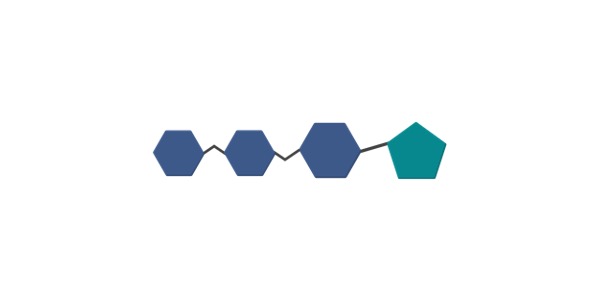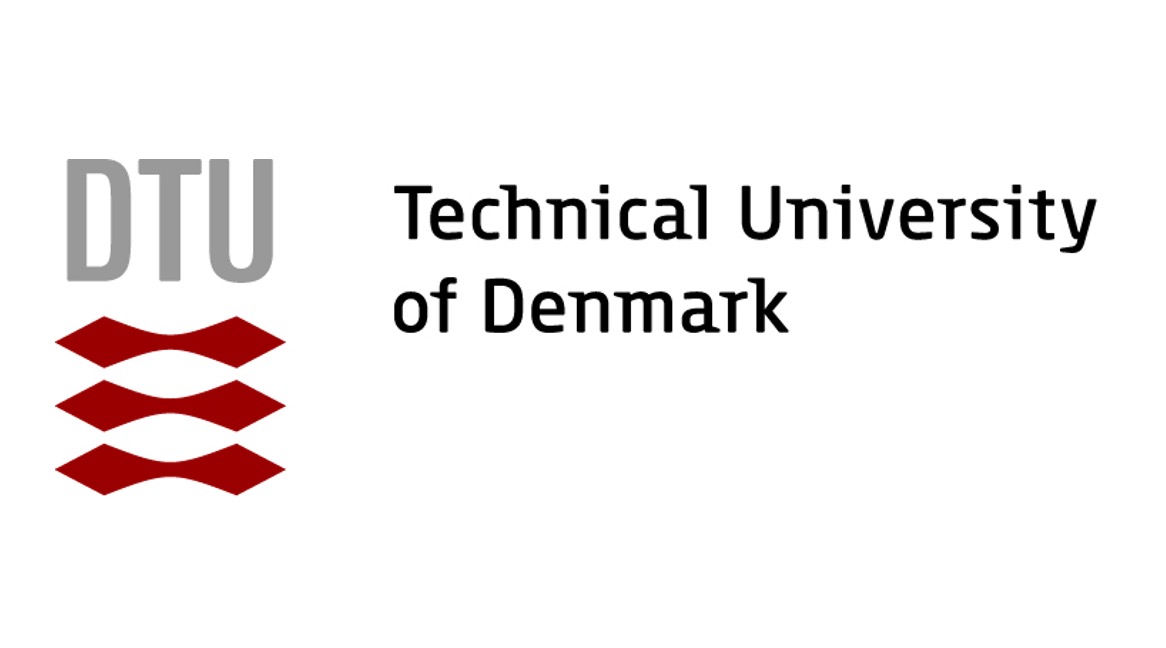Table of Contents
Coenzyme Definition
Coenzymes are equally as vital as ordinary enzymes, if not more so, because enzymes would not work if they didn’t have coenzymes to aid their chemical processes. Let’s take a closer look at what a coenzyme is and why these unique chemicals are important for your overall health.
What is Coenzyme?
Coenzymes are found in almost every cell in your body as a result of this process. Coenzymes are non-proteins that may be reused and include carbon, which separates them from enzymes. Carbon is one of the most stable molecules in the natural world, thus it functions well as a binding agent for many molecule kinds.
The basic line is that coenzymes are necessary for normal biological activities since they help ordinary enzymes break down energy, transform cellular processes, and conduct other chemical modifications throughout your cells.
1. Cellular reactions occur when enzymes attach to one or more molecules and induce an energy exchange or molecular transformation. Enzymes are proteins that serve as catalysts to speed up or facilitate chemical processes.
2. These chemical processes are necessary for life, but only at the proper rate. When left alone, regular enzymes cannot catalyze processes quickly enough to break down energy or support life.
3. Regular enzymes are generally coupled with coenzymes. Coenzymes attach to normal enzymes in the same manner that enzymes bind to cells and molecules.
4. By interacting with normal enzymes, coenzymes speed up the catalysis of the relevant process, allowing the enzyme to focus on its core function.
5. In a nutshell, enzymes and coenzymes are required for life and nearly all of your body’s natural activities.
How do Coenzymes Help the Body?
Let’s take a look at coenzymes in further depth. An apoenzyme is an enzyme that doesn’t have a cofactor, which implies it can’t catalyse processes very well. In certain situations, the enzyme will not function at all. However, once that enzyme receives a cofactor, it becomes an active enzyme, or holoenzyme.
This novel enzyme has the ability to convert substrates and molecules into products that your body requires for numerous processes and functions. Chemical or physiological responses are possible. Coenzymes are very efficient since they may be reused and recycled.
However, over time, your body breaks down coenzymes or transfers them through waste, perspiration, and other processes. As a result, it’s critical to replace your coenzymes over time, whether through nutritional supplements or other ways.
Coenzyme Examples
Here are a few instances that are commonly used.
i. Vitamins as a Coenzyme
The bulk of coenzymes used by your body are either vitamins or coenzymes produced from vitamins. This is one of the reasons why vitamin consumption is so crucial for overall physical health, and why many people need to take supplements on a regular basis: their meals don’t provide them with all of the vitamins and minerals they require for coenzyme requirements and other physiological processes.
When you consume different water-soluble vitamins, such as vitamin C and all of the B complex vitamins, your body may create some coenzymes on its own. Your body can generate nicotinamide adenine dinucleotide, or NAD, and coenzyme A when you have enough of these vitamin kinds. The former is especially essential since it aids cell transformation from one variant to the next.
NAD is a chemical that aids in the transport of electrons (which, in turn, helps to determine what element a molecule really is). Coenzyme A, on the other hand, is produced from vitamin B5. It’s one of the most critical building components for your body’s production of fatty acids within cellular organelles, which is necessary for your cells to form their protective walls. Furthermore, coenzyme A is important because it aids in the production of ATP, which is the basic unit of energy used throughout your body.
ii. Non-Vitamins as a Coenzyme
Coenzymes can also be found in non-vitamin forms. These aid in the transport of substances from enzymes to cells. Non-vitamin coenzymes can help with metabolic rates, blood coagulation, and other important biological activities. Nucleotides like as uracil, guanine, and inosine are used to make the majority of non-vitamin coenzymes.
For example, the non-vitamin coenzyme ATP (short for adenosine triphosphate) is discussed above. This unit of energy has the ability to transmit the energy required to create chemical reactions throughout your body’s cells. You couldn’t contract your muscles or even beat your heart if you didn’t have ATP.
Coenzyme Source
Coenzymes can be found in a variety of areas, as previously stated. Some will need to be replenished on a regular basis, which is why adults must take vitamins and minerals as supplements, because the majority of Americans do not get all of their nutrients from diet alone.
i. Diet
If you eat a nutrient-dense diet, you can receive a lot of the vitamins and minerals you need. If you haven’t already, here are some things you should include in your meals:
- If you want to increase your calcium intake, eat low-fat dairy, broccoli, leafy greens, and sardines.
- Get plenty of vitamin A by eating carrots, milk, eggs, sweet potatoes, and fruits like cantaloupe.
- Most folks already know you can eat citrus fruits like oranges and lemons to get vitamin C. But you can also eat other fruits like strawberries, kiwi, and even red and green bell peppers for the same benefits.
- Try eating avocados, dark leafy greens, seeds, nuts, and whole-grain foods to make sure your body gets enough vitamin E.
ii. Supplements
You may also acquire supplements that include coenzymes for the above-mentioned advantages. Coenzyme Q10, for example, is one of the most essential coenzymes in your body, and it’s included in ASYSTEM’s Superhuman Supplements.
Every cell in your body, including your liver, heart, pancreas, and kidneys, contains this coenzyme. It’s necessary for normal organ function, but it’s also necessary for your cells to create and transfer energy throughout the body.
It also has an added benefit: as an antioxidant, it can protect various cells from free radical damage, which happens when unstable molecules try to steal electrons from healthy cells, causing cellular damage.
Other energy-improving, holistic health-boosting ingredients in our Superhuman Supplements System include S7TM to improve the delivery of oxygen and nutrients to your muscle during workouts or physical activity, KSM66® Ashwagandha to help with your body’s ability to manage stress, and DHEA to serve as a precursor hormone for other important hormone productions.
iii. Sunlight
Of course, your surroundings can aid in the creation of vitamins required for the production or maintenance of specific coenzymes. Vitamin D, for example, is generated when your skin is exposed to adequate sunshine. This allows your body to create a variety of coenzyme types and sustain holistic health for a longer period of time. This is one of the reasons why spending time outside is so good for you, especially if you live in the north.
Finally, coenzymes are extremely necessary for physical health; without them, none of us would be living. That’s why it’s critical to eat a well-balanced and nutritious diet, as well as to take holistic and beneficial supplements if you need a little additional help receiving the vitamins you need for coenzyme synthesis.







